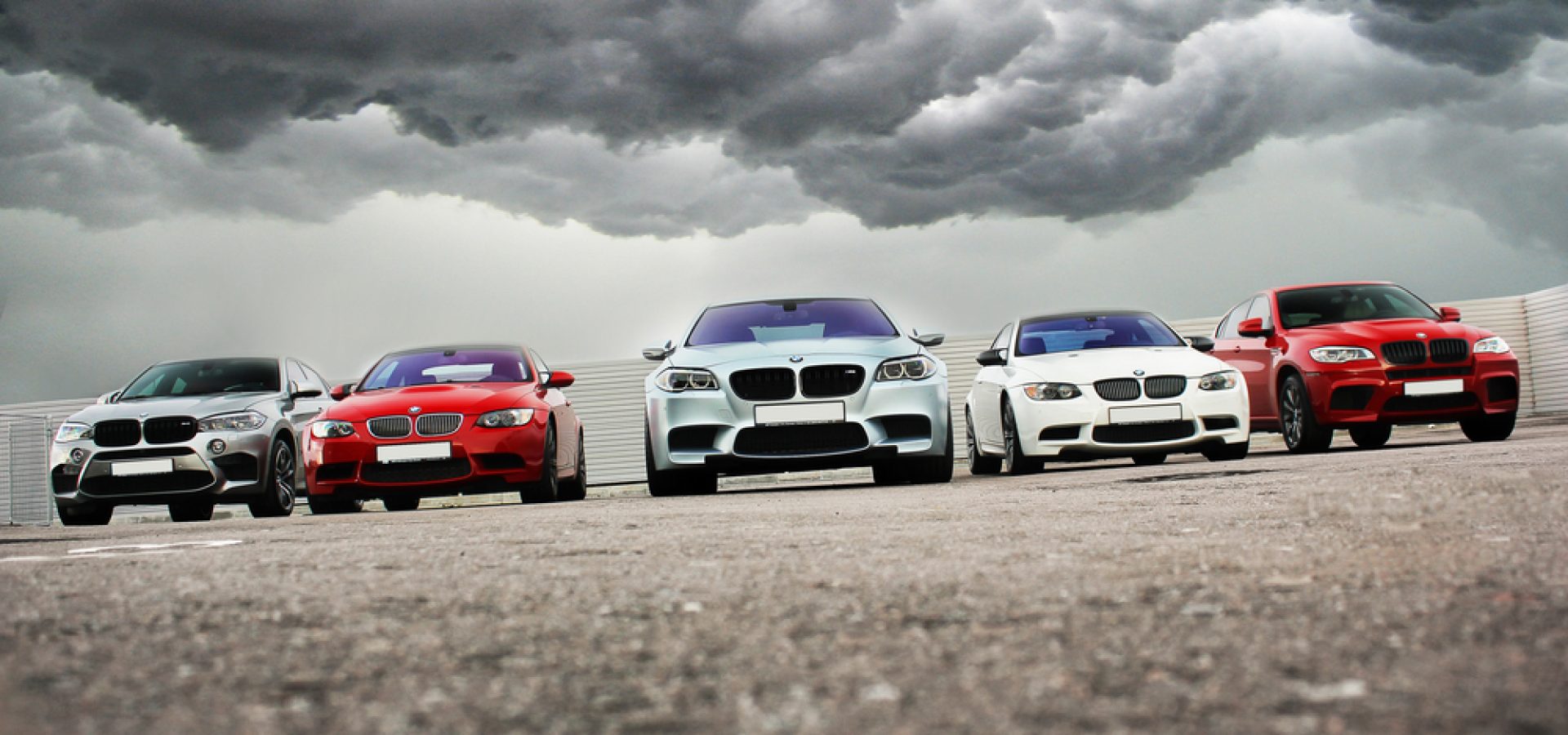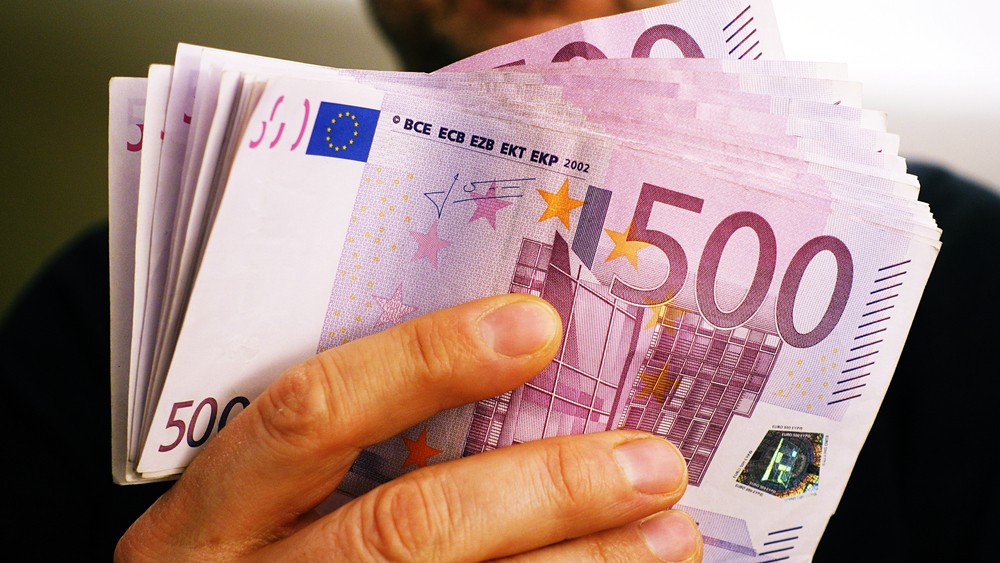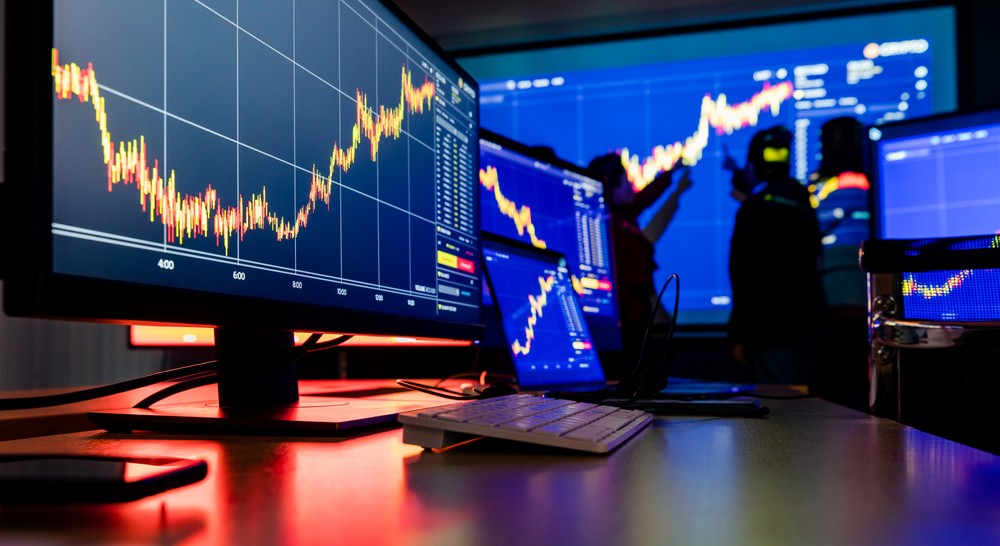On Wednesday, BMW AG lowered its estimate for automaking returns this year due to the Ukraine crisis and the global semiconductor shortage.
Accordingly, it predicts its car segment margin before interest and taxation (EBIT) in a range of 7.00% to 9.00%.
Without the impact of the war, it would have targeted a range of 8.00% to 10.00%. Meanwhile, it expects deliveries to remain flat at about 2.50 million vehicles.
Despite semiconductor shortages, the German luxury vehicles company has sold a record 2.52 million vehicles in the previous year.
The carmaker reported a 10.30% earnings margin for 2021, the highest since 2017.
Production interruptions
BMW explained that the production interruptions would continue to persist due to the escalating war. Specifically, the company has sourced parts from western Ukraine.
Meanwhile, it maintained a high level of flexibility in its production network to minimize disruption. The ongoing geopolitical tensions made it challenging to release accurate guidance.
The firm stated that it could not factor any potential long-term conflicts of the war into its forecast. The problem has idled production lines for the industry across the globe.
BMW expected the supply bottlenecks for semiconductor components to remain an issue. It does not expect the situation to improve until the second half of 2022.
Previously, the company anticipated 15 fully electric models to be in production this year. This included some in pre-production, highlighting the rollout of the new i7 luxury sedan.
At the same time, the firm also stated it is currently developing new battery technology.
Still, it is expected to deliver its target of having fully battery-powered vehicles early on, accounting for half its global sales by 2030.
Meanwhile, it forecast a significant gain in pre-tax profit for the current year. This optimistic estimate aligns with the complete consolidation of its Chinese BMW Brilliance joint venture.
BMW, Volkswagen grapple on Ukraine crisis
Unlike BMW, Volkswagen is reluctant to release a forecast for 2022. As a result, the deliveries of its core brand dropped by 8.00% to 4.90 million vehicles last year.
Nevertheless, both companies struggle to replace the alternative supply chain for the essential components made in Ukraine.
Kyiv is one of the leading suppliers of Neon, a central component of semiconductors.
Consequently, Moscow is the key exporter of aluminum and palladium, both used in vehicle manufacturing.
Eventually, the automakers currently eye Mexico and China to hunt for the crucial parts. The search for a supply chain source is the latest challenge for the auto industry.
The sector currently grapples with mounting raw material and energy prices amid fears of supply disruption.









COMMENTS